Gardens of Japan
Ongoing project capturing the beauty of the gardens of Japan
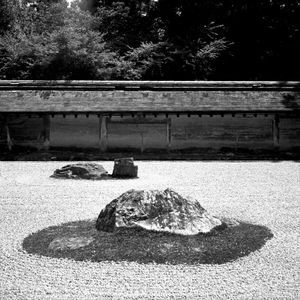
Ryõan-ji
One of the most famous dry gardens (karesansui) in Japan. This image only shows a portion of the garden but there are 15 rocks among the gravel. It has been constructed in such a way that, from ground level, one cannot see all 15 from one location.
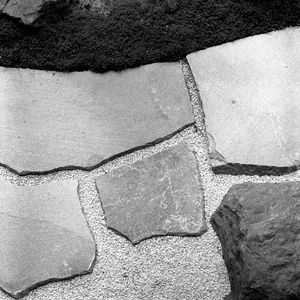
Kõyasan
Detail from a subtemple on Mount Koya (Kõya-san), a UNESCO World Heritage site in Wakayama.
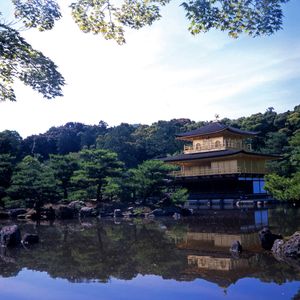
Kinkaku-ji
Nestled within the garden sits the golden pavilion of Kinkaku-ji, Kyoto.
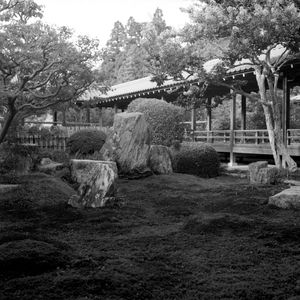
Nanzen-ji
One of the many gardens of Nanzen-ji temple.
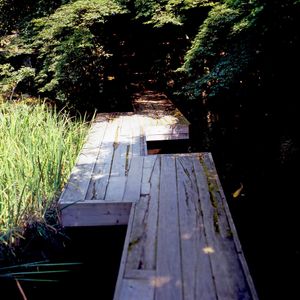
Tenjū-an
Tenjū-an is one of the often overlooked sub-temples of Nanzen-ji.
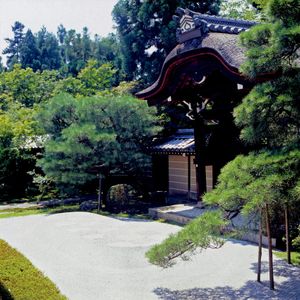
Eikan-dõ
Also found just off the Philosopher's Path in Kyoto.
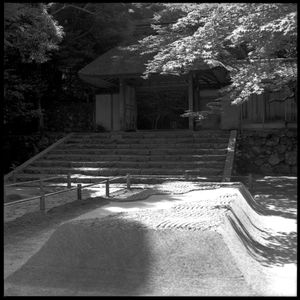
Hõnen-in
Another often overlooked temple and garden along the Philosopher's Path in Kyoto.
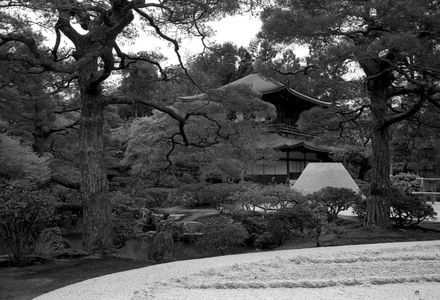
Ginkaku-ji
Starting at the head (or the tail) of the Philosopher's Path in Kyoto sits the precincts of the Silver Pavilion.
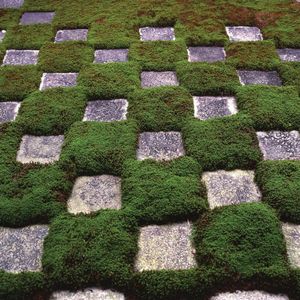
Tõfuku-ji
There are four gardens at Tõfuku-ji in northern Kyoto. This moss garden is the north garden.
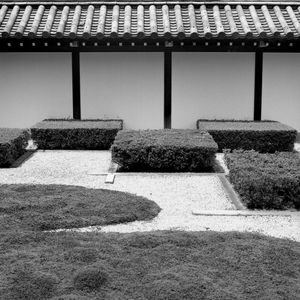
Tõfuku-ji
The West garden
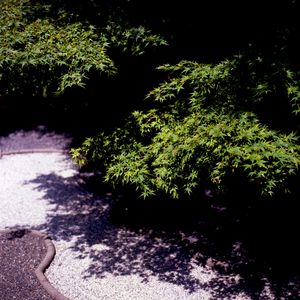
Ryõgin-an
Another of the dry gardens within Tõfuku-ji.
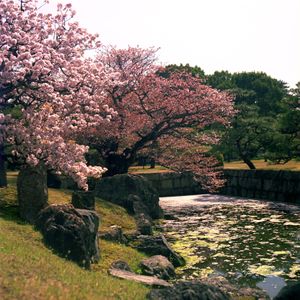
Nijõ-jõ
Nijõ castle was built in the 17th Century by the ruling Tokugawa shogunate.
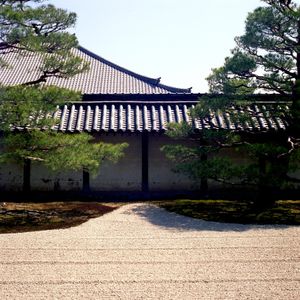
Tenryū-ji
Located in the western district of Arashiyama. A UNESCO World Heritage site.
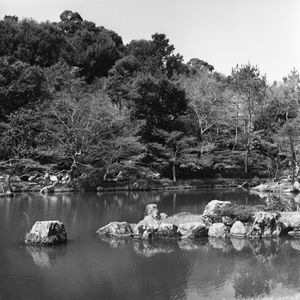
Sõgen Pond
Located in the western district of Arashiyama within the UNESCO World Heritage site of Tenryū-ji. This style of garden is referred to as "shakkei" or borrowing of the surrounding landscape.
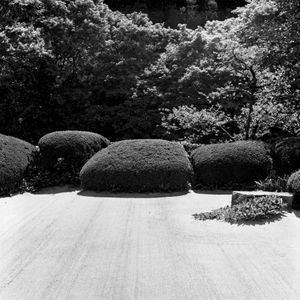
Shisen-dõ
Well off the beaten track in northern Higashiyama is Shisen-dõ and its pleasant karesansui (dry garden).
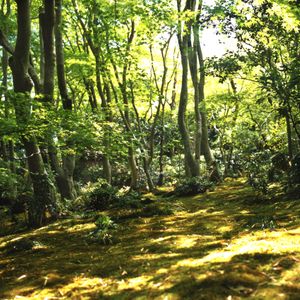
Giō-ji
The most famous of the moss gardens in Kyoto is Saihõ-ji (Kokedera) but if you decide that pre-booking your visiting time is too much hassle, the lesser known Giõ-ji is highly recommended.
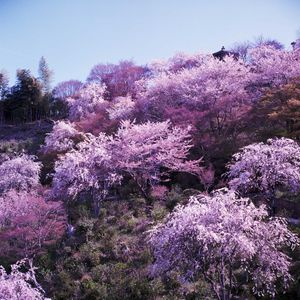
Yoshimine-dera
High above Kyoto, Yoshimine-dera has been keeping watch over the old capital for 1000 years.
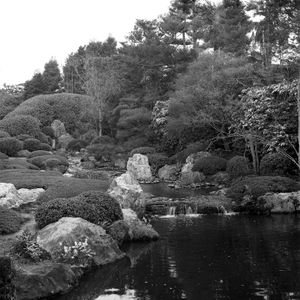
Taizō-in
Subtemple of Myōshin-ji, which was founded in 1404. Kyoto.